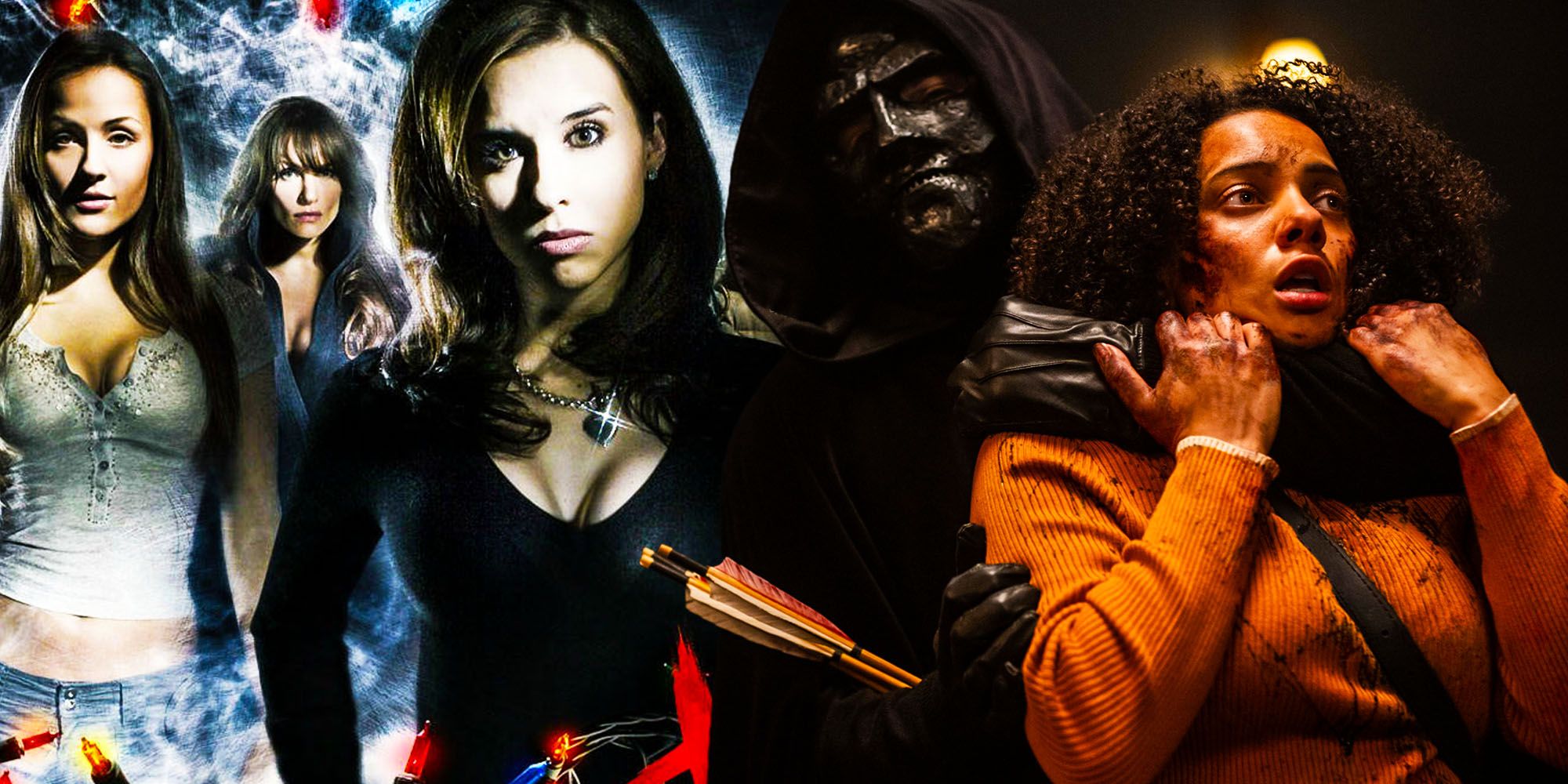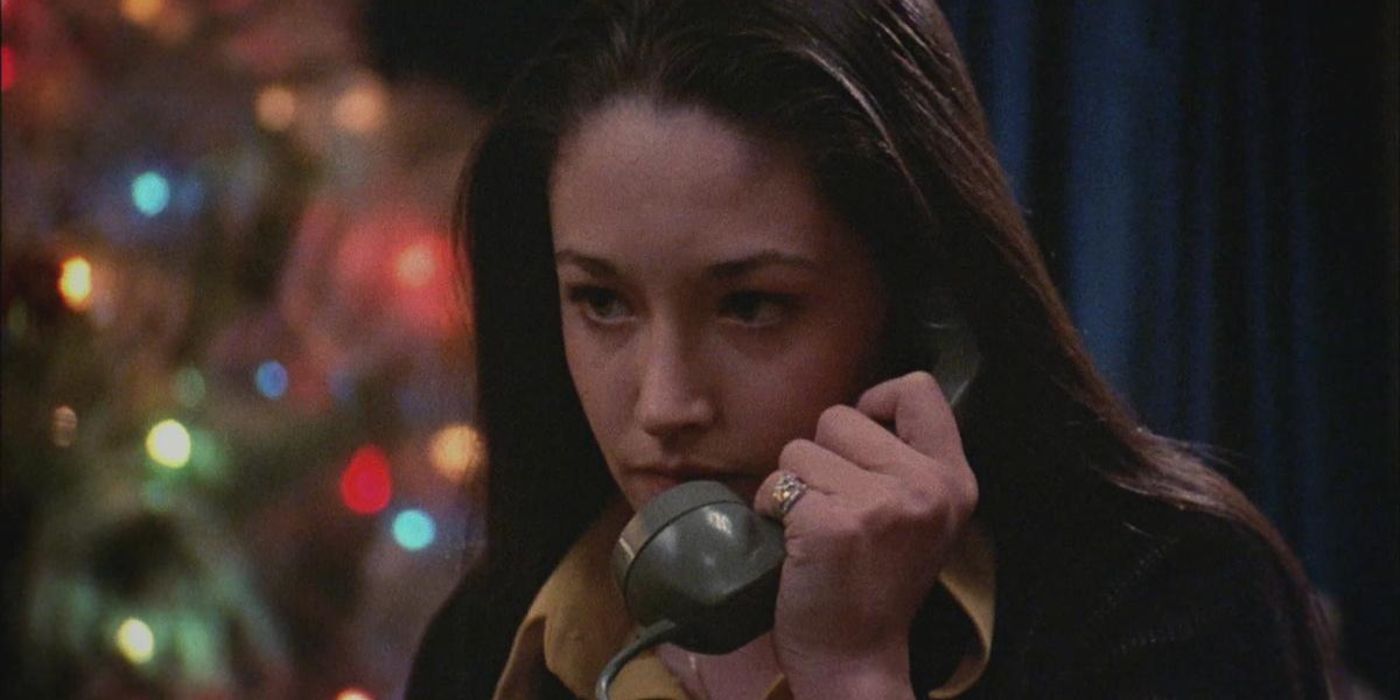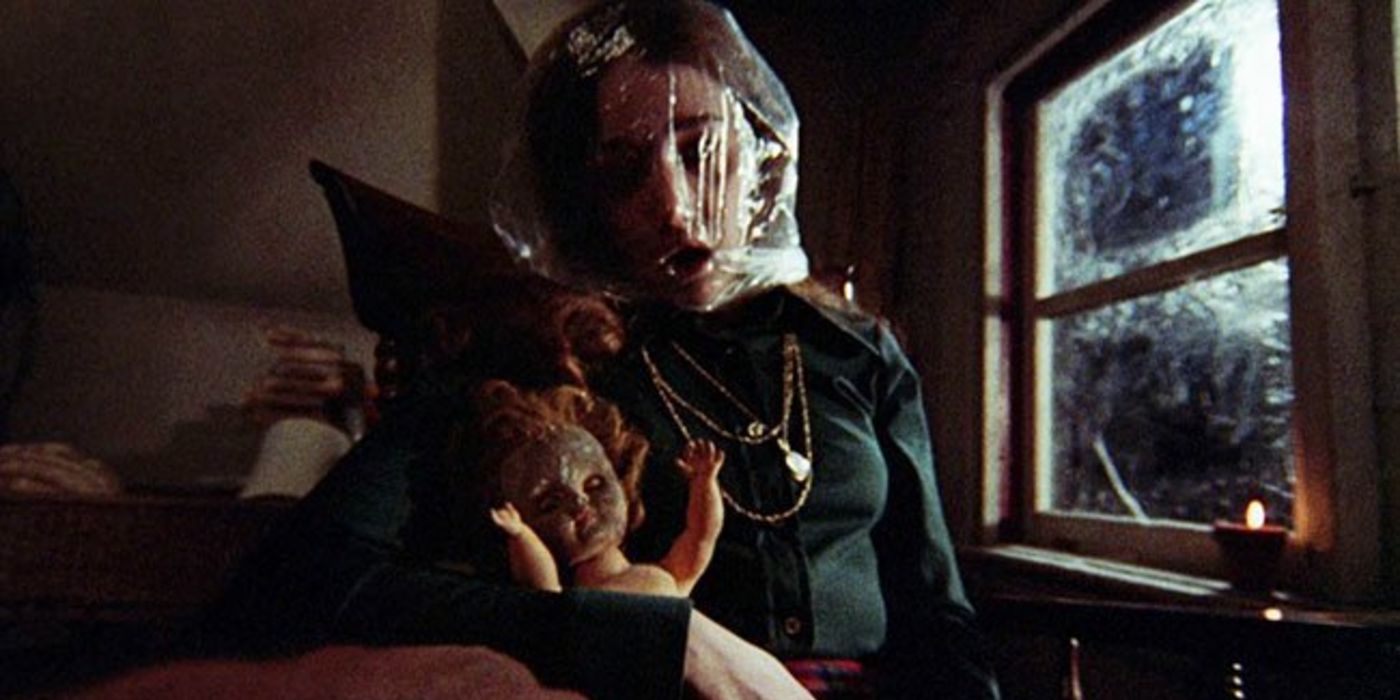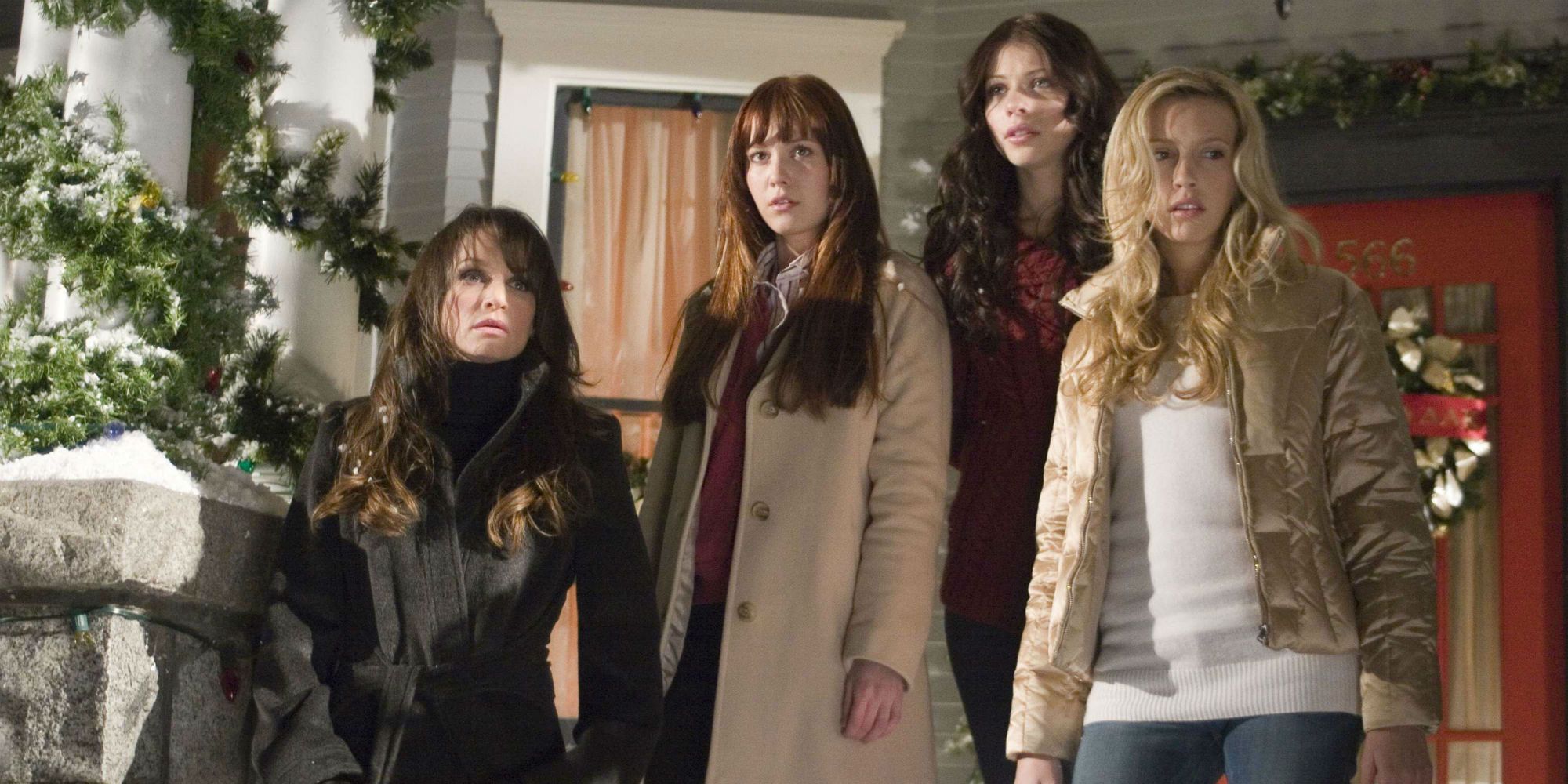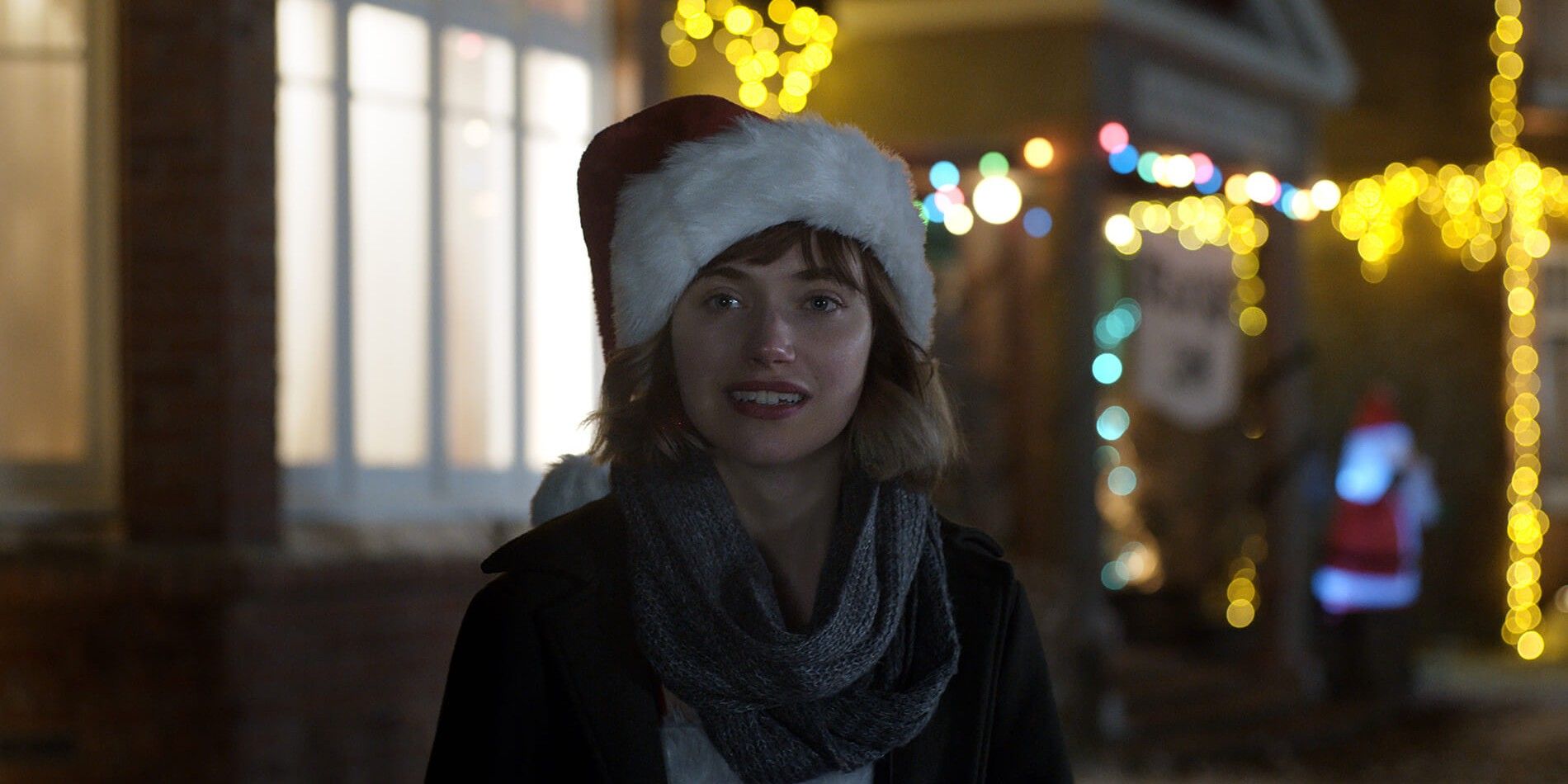Despite the original Yuletide horror helping to bring the slasher genre to life, both remakes of 1974’s Black Christmas have been disasters. Black Christmas was released in 1974 to moderate commercial success and mixed reviews. However, in the decades since its original release, director Bob Clark’s seminal film has become one of the most influential horror movies in the genre’s history and is now viewed as one of the greatest slasher movies ever made.
However, despite Black Christmas’s critical re-evaluation and its place in the pantheon of horror classics, both of the movie’s two unrelated remakes are critical failures. 2006’s Black Christmas is a gory, uninventive slog that made Nightmare On Elm Street’s failed Freddy Krueger reboot look like a masterpiece. Meanwhile, 2019’s muddled Black Christmas remake attempts to do something new with the franchise but was nonetheless an un-scary and unsubtle effort with few redeeming features.
Neither of the Black Christmas remakes are major commercial failures, but critics broadly panned both movies despite (or perhaps because of) the original movie’s status as a horror classic. Clark’s original movie shaped much of what would go on to become the slasher genre, melding Giallo elements with campus horror in a way that was both innovative and influential. In contrast, 2006’s Black Christmas is a lackluster and mean-spirited slasher that offered nothing new, whereas 2019’s Black Christmas serves as a foray into supernatural fantasy-horror that lacked a compelling villain like Freddy Krueger or Pennywise to make its convoluted plot scary.
What Made 1974’s Black Christmas So Important
While Clark’s original Black Christmas was not the first movie to feature elements common to the slasher sub-genre (thanks to 1960’s double bill of Psycho and Peeping Tom), the 1974 horror was the first movie to bring together the parts that went on to define the slasher formula. Much of what made Black Christmas so original at the time of its release is now taken for granted as building blocks of most slasher movies. However, even within this paradigm, Clark’s movie was more thoughtful than many of its later imitators.
With an unseen killer, elaborate Giallo-influenced murder scenes, and a group of young heroines being picked off one by one as a result of their drinking, promiscuity, and partying, it would be easy to write off Black Christmas as a suspenseful but conventional and conservative, proto-slasher. However, as well as pioneering these tropes and themes, Black Christmas also subverted viewer expectations in numerous important ways.
Why 1974’s Black Christmas Still Holds Up
Black Christmas’s enduring popularity could be attributed to the movie’s ruthless effectiveness as a scare delivery machine as well as its subtle but pervasive social commentary. Clark’s chilling horror set-pieces (the glass unicorn murder, the obscene phone calls, the ambiguous ending’s horrifying implications) never became as iconic as those of director John Carpenter’s later Halloween and, as such, their effectiveness was never blunted by years of initiation and parody.
However, elements of Black Christmas’s plot, such as the police refusing to take the sorority girls seriously, Peter’s possessive attitude toward Jess, and the implication that the heroine’s love interest could be as dangerous as the unhinged Billy all made the movie a compelling subversion of slasher norms (as well as an early example of them). Where many later additions to the sub-genre made their cast a group of forgettable, amoral party animals, the characters of Black Christmas were independent, believable, self-actualized women who the movie encouraged viewers to root for and care about.
What Went Wrong With 2006’s Black Christmas Remake
2006’s Black Christmas has a phenomenal cast, including legendary horror movie heroine Mary Elizabeth Winstead, Michelle Trachtenberg, Katie Cassidy, and Lacey Chabert. Unfortunately, that is all it has going for it. The remake’s plot is in incredibly poor taste, adding explicit incest and child abuse into a movie whose original story thrived on its ambiguity. While these sorts of disturbing themes are often effectively addressed in horror movies, Black Christmas is also not at all scary, despite adding copious amounts of gore to the story.
The 2006 remake also endeavors to make its central cast insufferably unlikeable, presumably so viewers will root for their demises. Add in the unfortunate decision to have a male actor portray the female villain, and viewers are left with a scare-free, tasteless retread of the original that replaced all of its suspense with unnecessary backstory and repetitive kills.
What Went Wrong With 2019’s Black Christmas Remake
Much like how 2007’s Rob Zombie-directed Halloween remake eventually led to 2018’s Halloween reboot, in 2019, the Black Christmas franchise producers evidently felt it was time to take another go at updating Clark’s original slasher classic. However, where 1974’s Black Christmas effortlessly weaved feminist themes into its plot, 2019’s remake hammers viewers on the head with its intended moral and, ironically, loses a lot of the original movie’s cultural relevance in the process. The 1974 movie illustrated realistic feminist issues such as Jess’ decision to have an abortion despite Peter’s misgivings and the police's judgemental attitude toward the sorority house's inhabitants; 2019’s Black Christmas goofily literalizes the concept of “toxic masculinity” via a magic goo that turns frat boys into murderous monsters.
Despite A Castle For Christmas star Cary Elwes’ attempt to liven up proceedings as a corny villainous professor, 2019’s Black Christmas fails because it lacks a compelling villain and does not offer an interesting or inventive take on the original movie’s premise. 1974's Black Christmas featured both Billy and Peter as villains and, while one was a realistic depiction of an abusive boyfriend, the other was an extreme exaggeration of misogyny run rampant (as proven by his grotesque phone calls). In contrast, 2019’s Black Christmas features a caricature of misogyny in Elwes’ smug villain but has no believable or human antagonists, and also strangely excuses its villains by depicting them as unthinking victims of a mind-controlling goo. It is a confusing movie and one whose complete lack of scares made the second remake of Black Christmas as much of a failure as its tacky predecessor.

